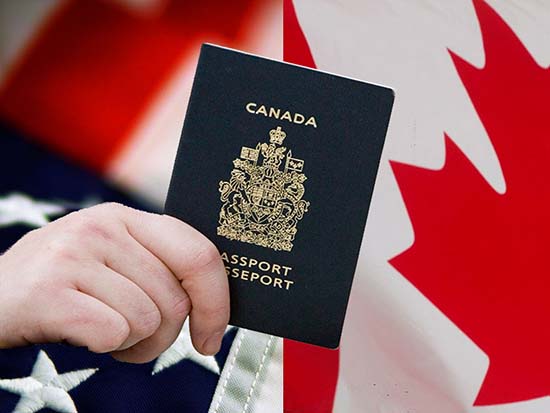Are you dreaming of starting a new chapter in the Great White North?
Canada is a popular destination for immigrants worldwide, offering diverse opportunities, a high quality of life, and a welcoming environment. However, navigating the Canadian immigration process can be complex and overwhelming. In this blog post, we’ll explore the key aspects you need to understand to make your journey to Canada as smooth as possible.
Express Entry: The Pathway to Permanent Residence Express Entry is Canada’s
primary online system for managing applications for three federal economic immigration programs: the Federal Skilled Worker Program, the Federal Skilled Trades Program, and the Canadian immigration Class. This comprehensive system uses a points-based system to rank candidates based on factors such as age, education, work experience, language proficiency, and more.
Candidates with the highest scores receive an Invitation to Apply (ITA) for permanent residence.
However, the process doesn’t stop there – you’ll need to submit a complete application with all required documents within a specified timeframe.

Provincial Nominee Programs (PNPs) In addition to the federal programs, Canada’s provinces and territories have their own immigration streams known as Provincial Nominee Programs (PNPs). These programs allow provinces and territories to nominate individuals who meet specific labor market needs and contribute to the region’s economic growth.
Each PNP has its own unique criteria and requirements, so it’s crucial to research the programs offered by your desired province or territory. Some PNPs operate independently, while others are aligned with the Express Entry system, allowing successful candidates to receive an additional boost to their ranking score.
Family Sponsorship and Other Immigration Pathways Beyond economic immigration,
Canada offers various pathways for family reunification, refugee resettlement, and other special programs. Family members of Canada PR process or permanent residents may be eligible for sponsorship, allowing them to immigrate to Canada and eventually obtain permanent residency.
Additionally, Canada has immigration programs specifically designed for entrepreneurs, investors, and self-employed individuals, as well as pathways for international students and temporary foreign workers to transition to permanent residency.
Document Preparation and Language Requirements Regardless of the immigration pathway you choose, you’ll need to gather and submit a comprehensive set of documents to support your application. These may include proof of identity, educational credentials, work experience, language proficiency test results, police clearance certificates, and medical examinations.
Canada places a strong emphasis on language proficiency, and most immigration programs require a minimum level of English or French language skills. Prepare for language tests such as IELTS or TEF and ensure you meet the required scores for your desired program.
Professional Assistance: When to Seek Expert Guidance While it’s possible to navigate the Canadian immigration process independently, seeking professional assistance from an authorized immigration consultant or lawyer can be invaluable. These experts can provide guidance on selecting the right immigration program, ensuring your application is complete and accurate, and representing you during the process.
Additionally, they can assist with complex cases, such as appeals or inadmissibility concerns, and provide valuable insights into the ever-changing immigration policies and regulations.
The Canadian visa requirements can be challenging, but with proper preparation, research, and perseverance, your dream of living and working in Canada can become a reality. Stay informed, seek expert guidance when needed, and embrace the exciting journey ahead!


